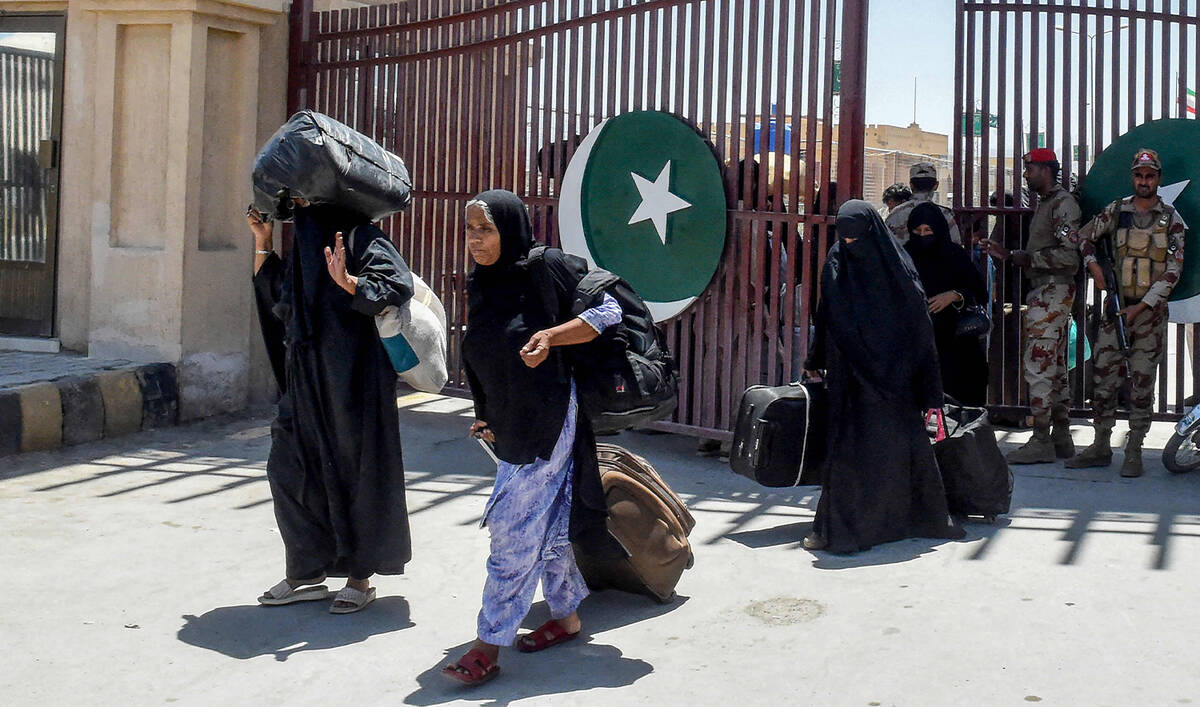ISLAMABAD: In a landmark development, Pakistan’s space agency signed a cooperation agreement with China on Friday, setting the stage for the country’s first astronaut to embark on a mission to a Chinese space station, prompting Prime Minister Shehbaz Sharif to applaud the development.
Pakistan and China have deepened their space cooperation, marked by joint satellite development and a planned lunar mission. Last month, the two nations signed a memorandum of understanding for the South Asian nation’s first lunar rover to be included in China’s Chang’e 8 mission in 2028.
The rover, developed by Pakistan’s Space & Upper Atmosphere Research Commission (SUPARCO), will land at the lunar south pole, carrying scientific instruments designed by Pakistani, Chinese and European scientists. Pakistani scientists will operate the rover from Earth, conducting surface mapping, soil analysis and radiation studies.
Pakistan previously made its mark in lunar exploration in 2024, when its first lunar satellite, ICUBE-Q, developed by students at the Institute of Space Technology (IST) in collaboration with Shanghai Jiao Tong University, was deployed aboard China’s Chang’e 6 mission to capture lunar images and collect magnetic field data.
SUPARCO has now signed a deal with the China Manned Space Agency (CMSA) to train and send a Pakistani astronaut to Tiangong, China’s space station, in an initiative expected to boost Pakistan’s presence in space research.
“It’s a great opportunity and a wonderful event where we have just witnessed the signing ceremony between Pakistan and China on extending our cooperation to promote space cooperation and getting ready to train our first Pakistani astronaut on a space flight to the Chinese space station,” Sharif said at the ceremony.
“This is yet another wonderful gesture from the Chinese government to further deepen our cooperation in this field and many other fields over the last many decades,” he added.
Sharif thanked Chinese President Xi Jinping for supporting Pakistan, saying the two countries’ collaboration had transformed his country’s economy.
An official SUPARCO statement detailed the agreement, confirming two Pakistani astronauts will initially undergo training at the Astronaut Center of China, with one ultimately selected as a scientific payload specialist to conduct research aboard the Chinese space station. The astronaut selection process will be completed by 2026, with a planned spaceflight in an upcoming mission.
The mission will focus on scientific experiments across multiple disciplines, including biological and medical sciences, aerospace, applied physics, fluid mechanics, space radiation, ecology, material sciences, microgravity studies and astronomy.
“The China Space Station is equipped with state-of-the-art experimental racks and external adaptors, facilitating multi-domain research,” the statement said, adding that findings from the experiments are expected to contribute to medical research, environmental monitoring and space technology with potential benefits for life on Earth.
















